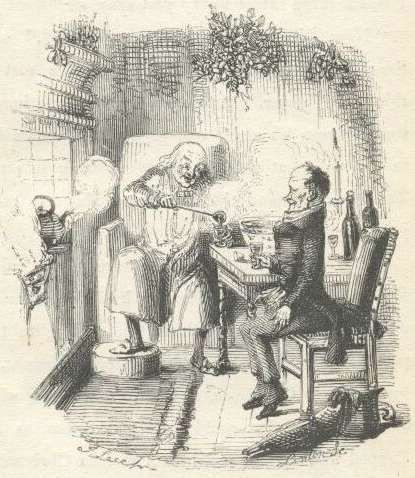A Scientific Theory Of Haters: 'Dispositional Attitudes' Determine Negative And Positive Responses, New Study Concludes

While some people approach every new situation with a smile, others seem to thrive on disproval and uncompromising negativity. New research indicates that these attitudes may not be born in the moment, but hardwired into our personality. By asserting that positive and negative dispositions actually precede outside stimuli, the findings may answer the age-old question why haters hate.
In a new study, researchers from the University of Illinois at Urbana-Campaign and the University of Pennsylvania propose a new dimension to individual personality: a “dispositional attitude.” Whereas people with positive dispositional attitudes have a natural inclination to like, or approve of, external objects and situations, those with negative dispositional attitudes exhibit a strong tendency to dislike them. It would appear that our judgment is not as empirical as we would like to think.
“The dispositional attitude construct represents a new perspective in which attitudes are not simply a function of the properties of the stimuli under consideration, but are also a function of the properties of the evaluator," study authors Justin Hepler and Dolores Albarracin write. “[For example], at first glance, it may not seem useful to know someone's feelings about architecture when assessing their feelings about health care. After all, health care and architecture are independent stimuli with unique sets of properties, so attitudes toward these objects should also be independent."
Yet, these seemingly irrelevant pieces of information may nonetheless carry substantive information, as they indicate how the individual in question forms his or her opinions. Our assessment of one object or situation may reveal a fundamental pattern – a dispositional attitude – that can subsequently be used to predict our opinion of a completely different thing.
"Some people may simply be more prone to focusing on positive features and others on negative features," Hepler said.
The findings were supported by a series of concomitant experiments, in which the researcher recorded and averaged the test subjects’ opinions of several unrelated stimuli – objects and concepts such as politics, cold showers, soccer, and architecture. From these averages, the researchers were able to derive clear, consistent dispositional attitudes in test subjects.
"This surprising and novel discovery expands attitude theory by demonstrating that an attitude is not simply a function of an object's properties, but it is also a function of the properties of the individual who evaluates the object," they concluded. "Overall, the present research provides clear support for the dispositional attitude as a meaningful construct that has important implications for attitude theory and research."
Haters will continue to hate, it would seem.
Source: Justin Hepler, Dolores Albarracín. Attitudes without objects: Evidence for a dispositional attitude, its measurement, and its consequences.. Journal of Personality and Social Psychology, 2013



























